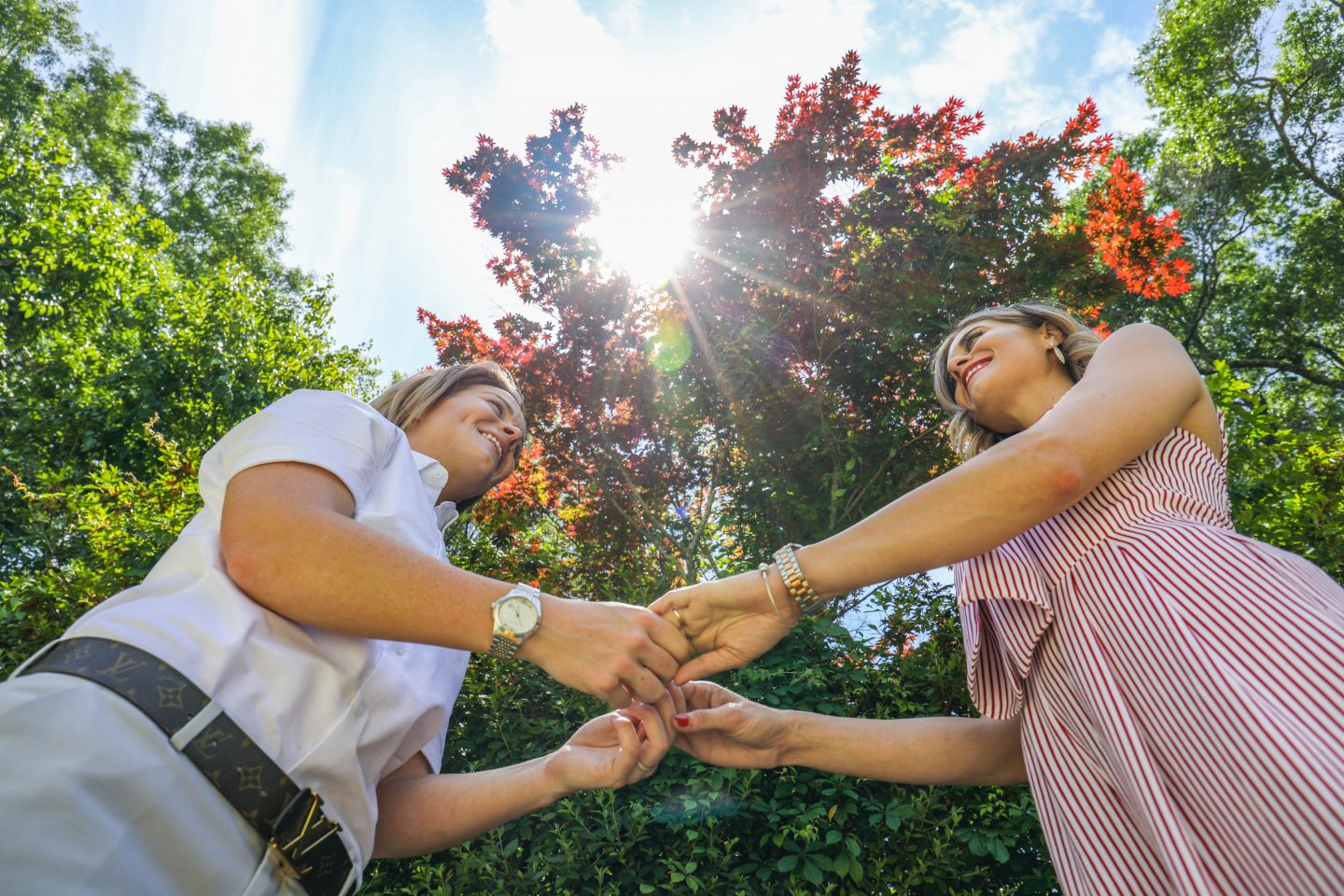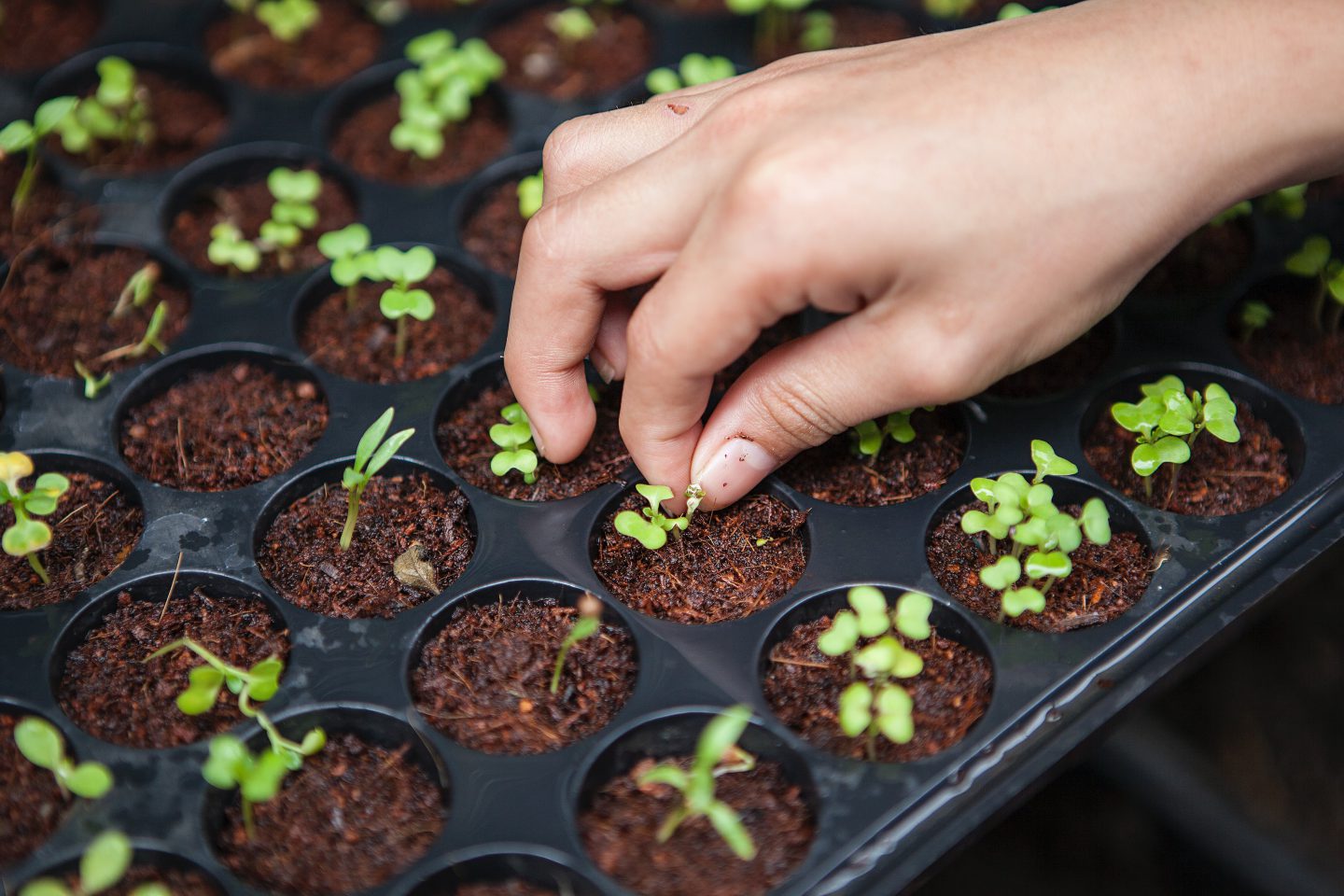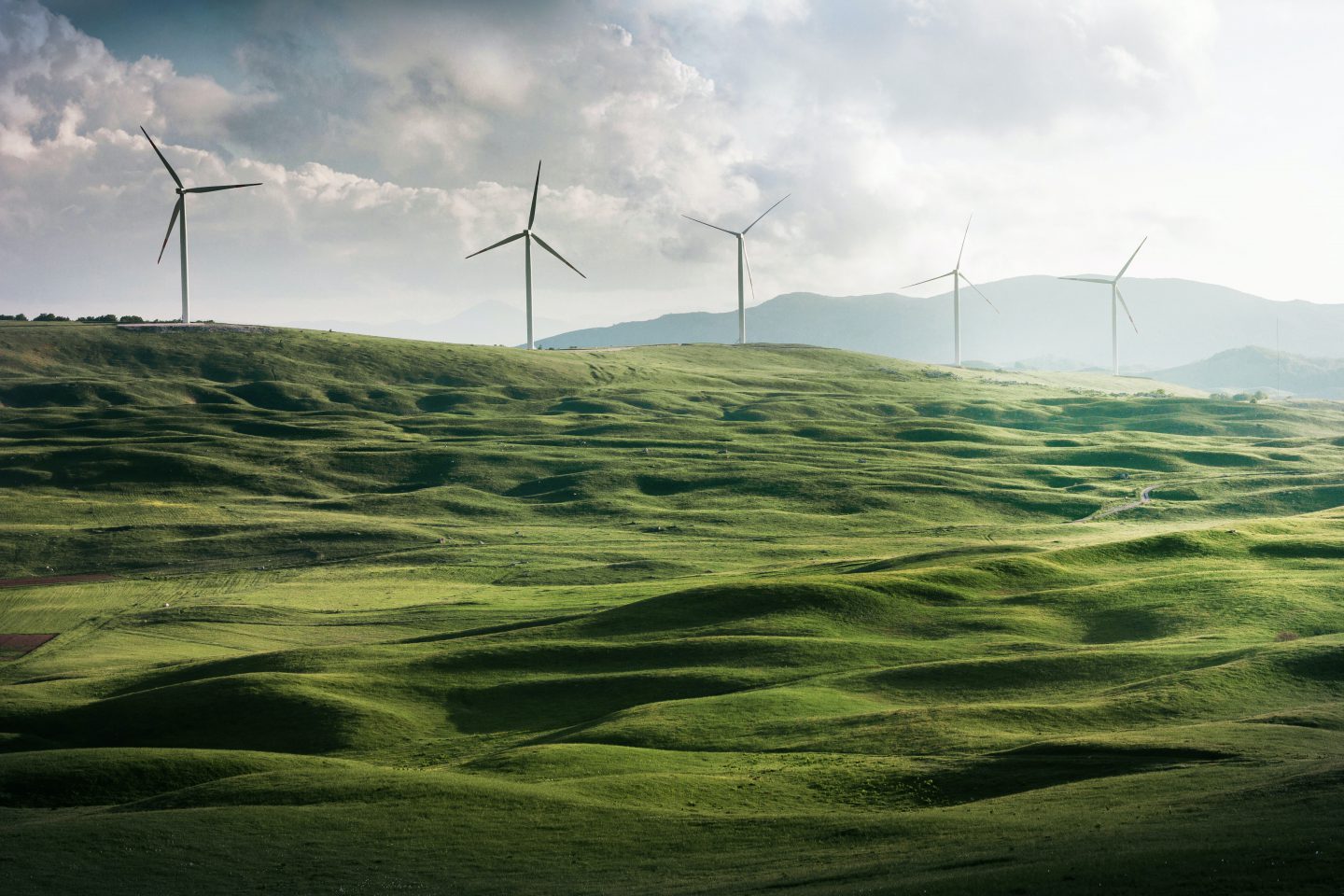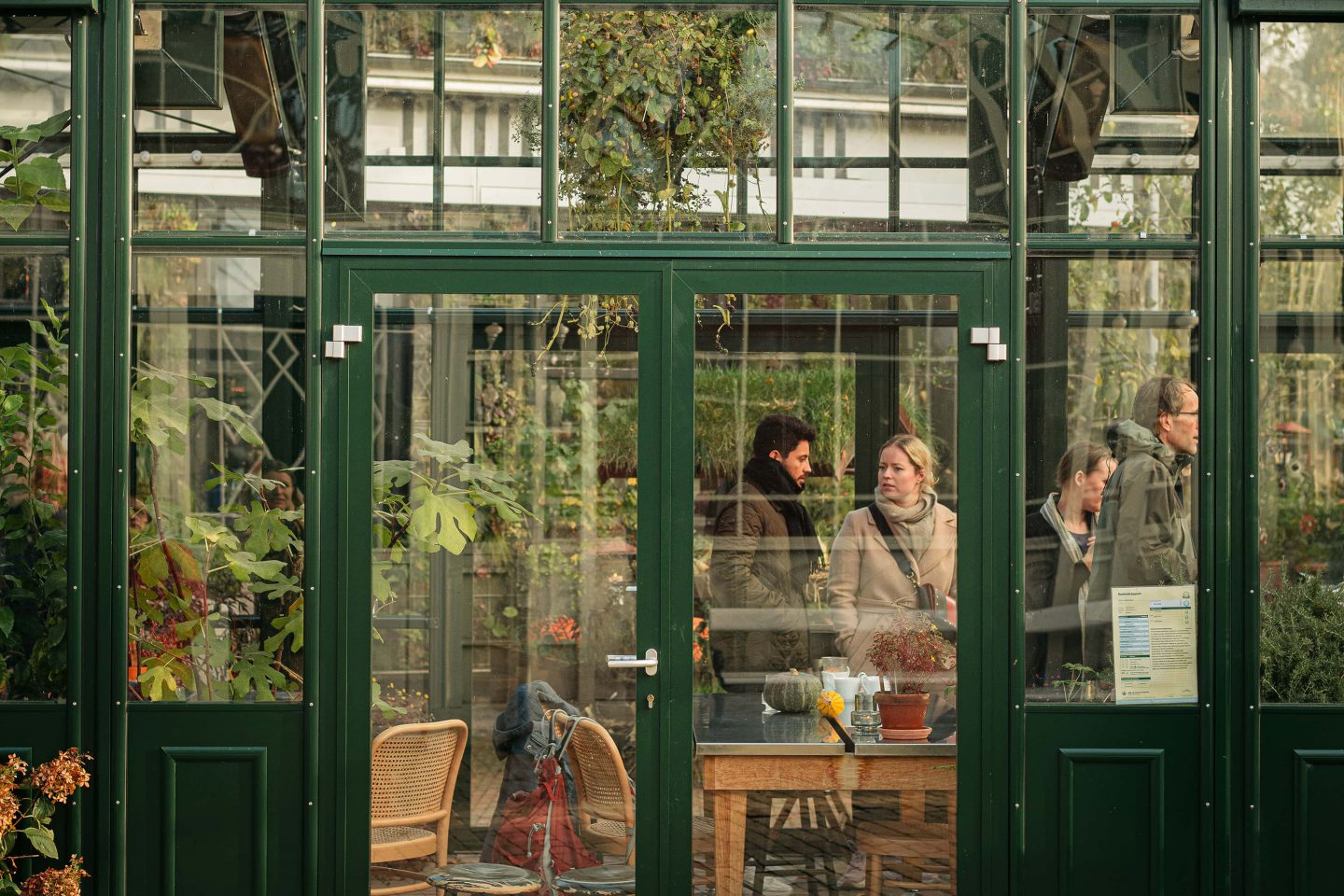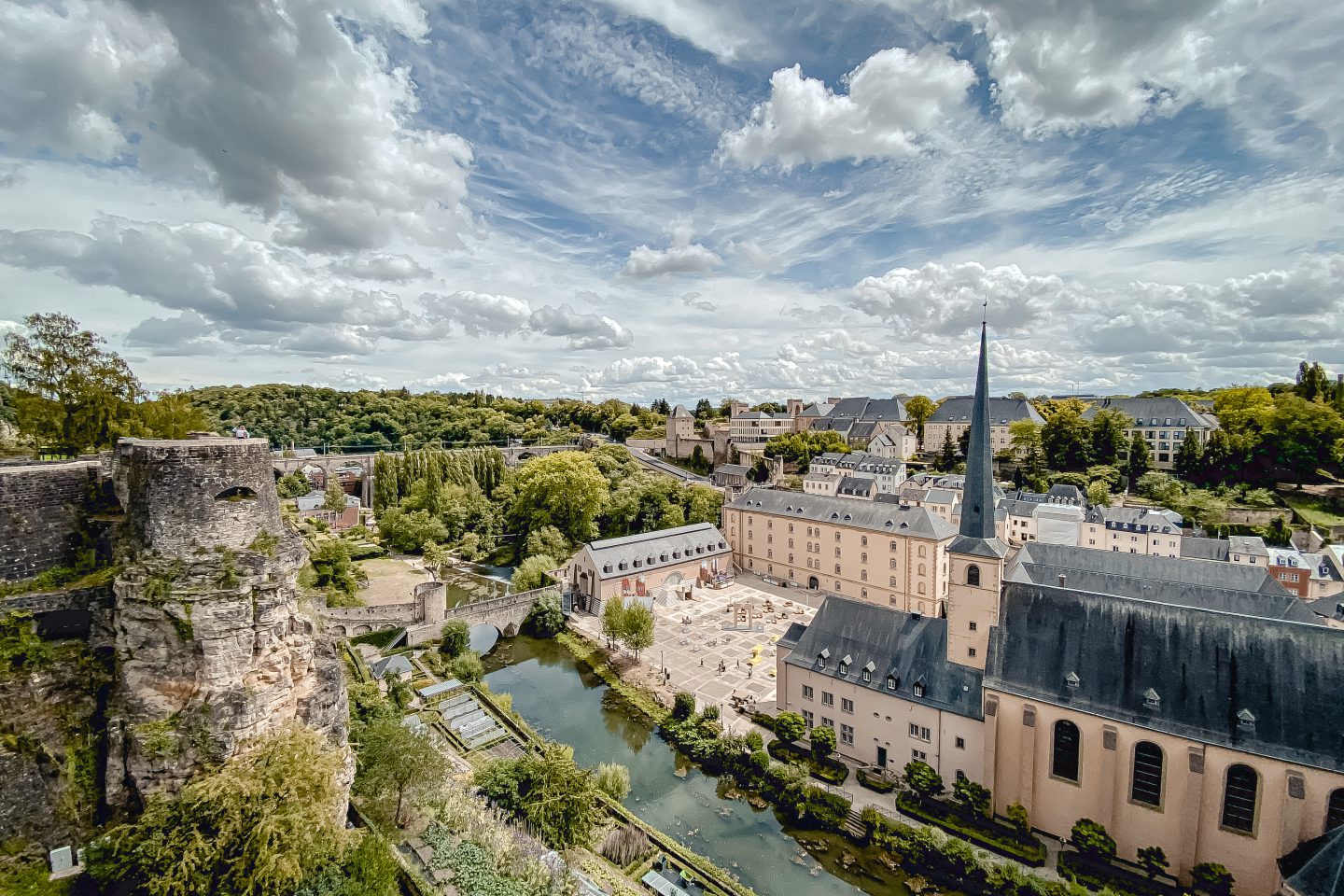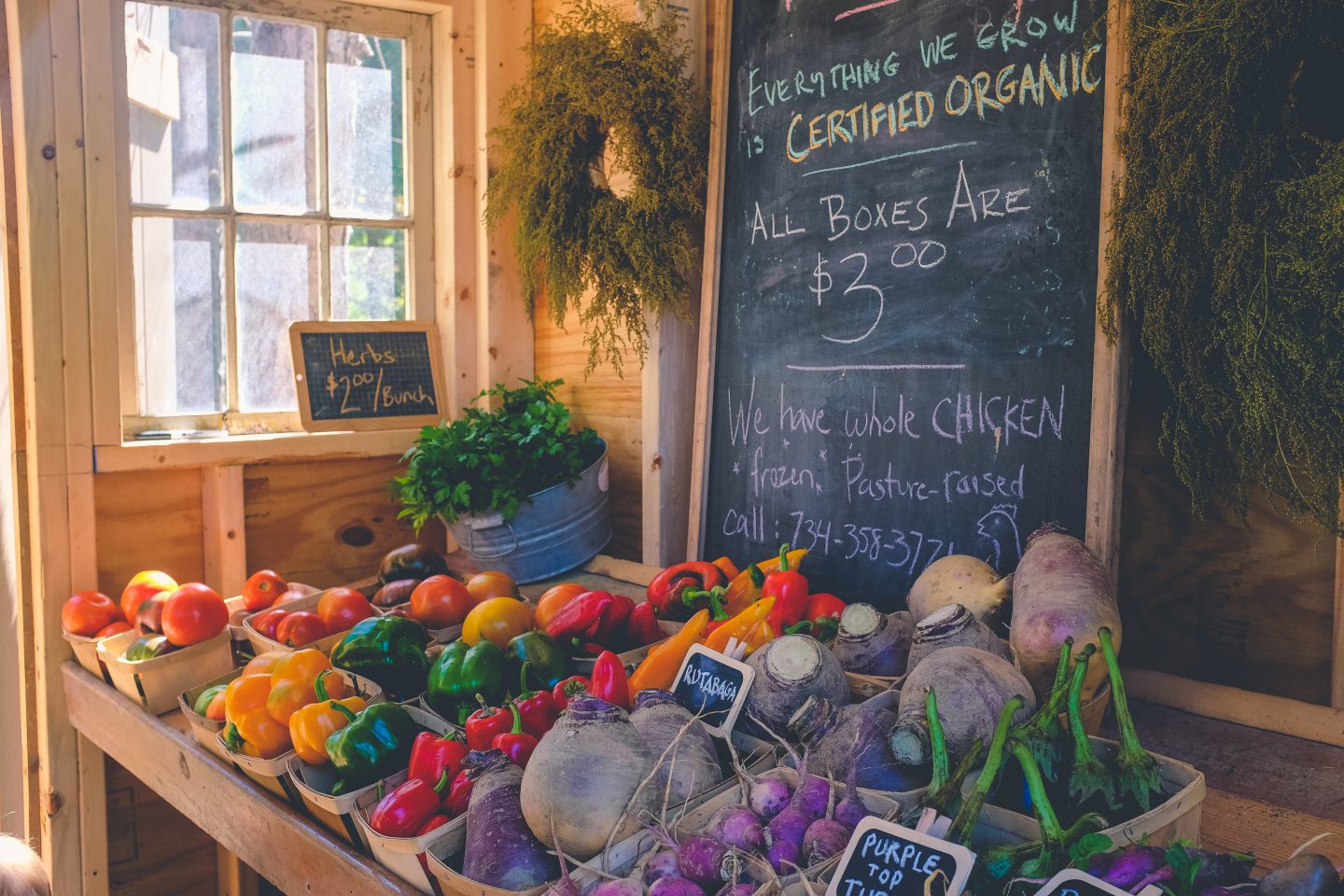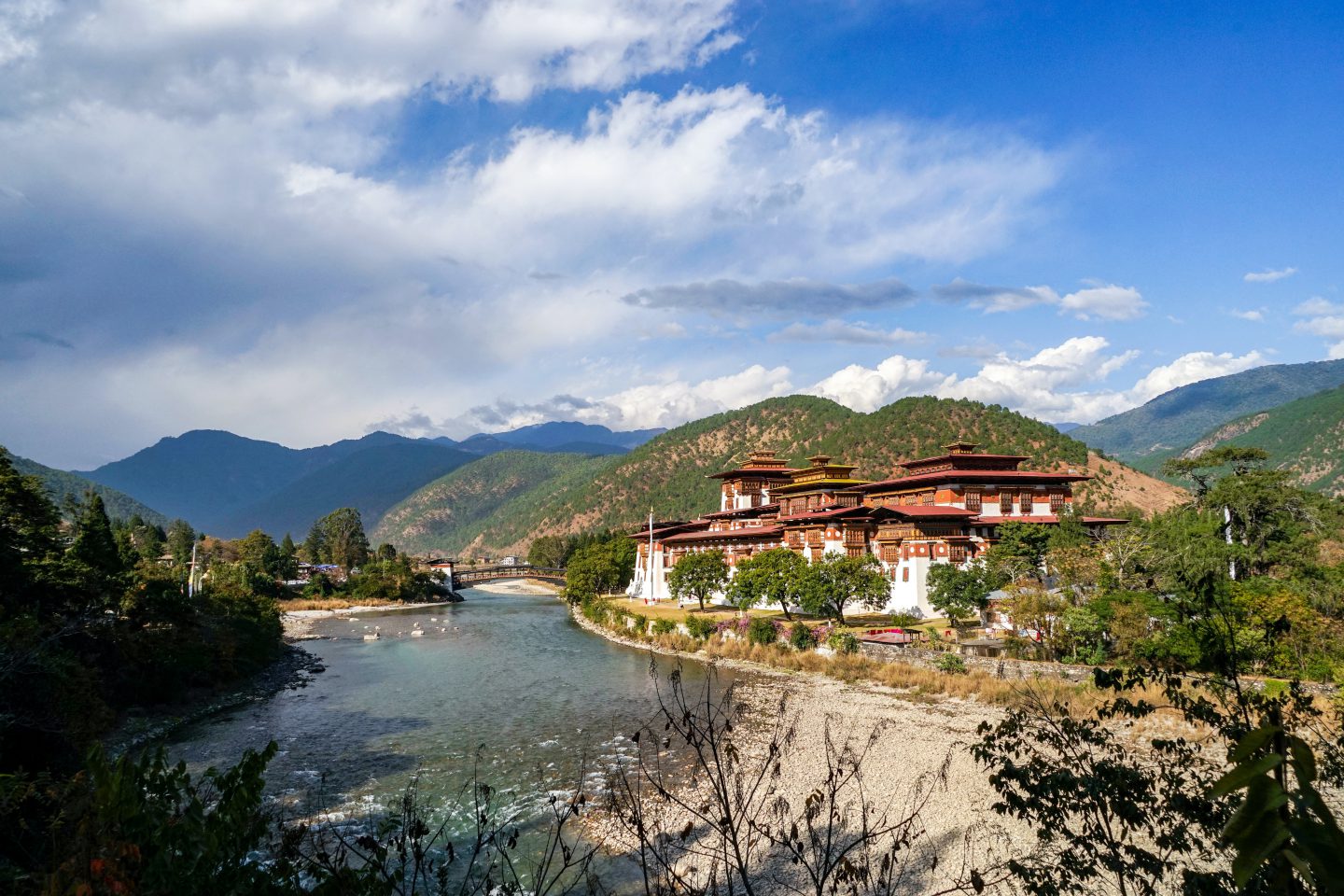The headlong pace of technological change produces giant leaps forward in knowledge, innovation, new possibilities and, almost inevitably, legal problems. That’s now the case with blockchain, today’s buzziest new tech tool.
Introduced in 2008 as the technology underpinning Bitcoin, a digital currency that is created and held electronically without any central authority, blockchain is a secure digital ledger for any kind of data. It simplifies record keeping and reduces transaction costs.
Its range of applications in commerce, finance and potentially politics continues to widen, and that has triggered a debate around how to regulate the tool.
Read more →


